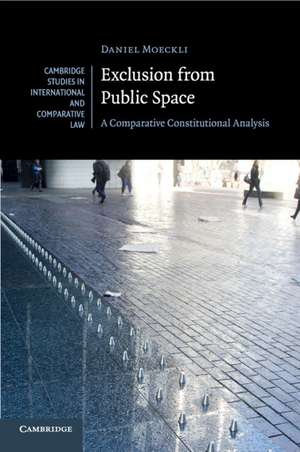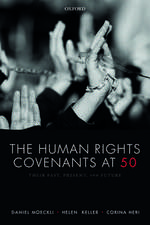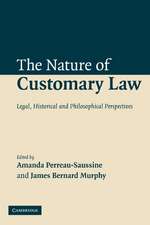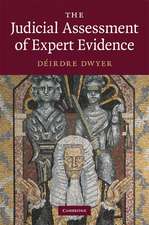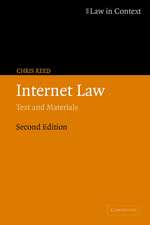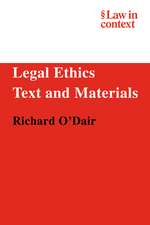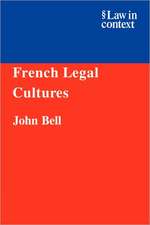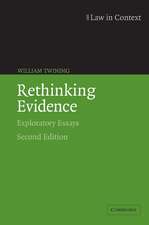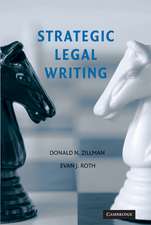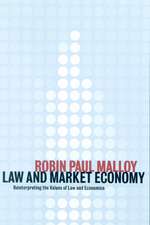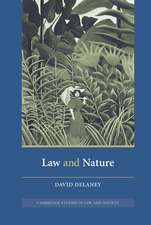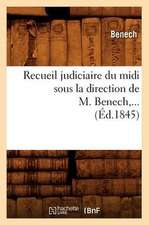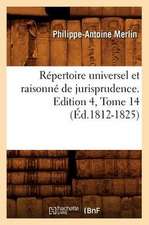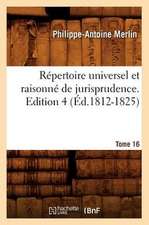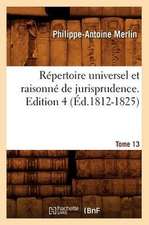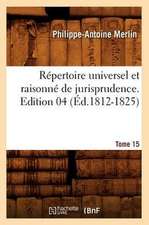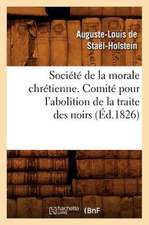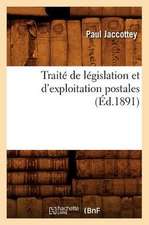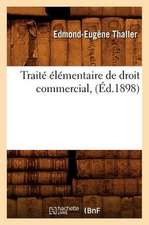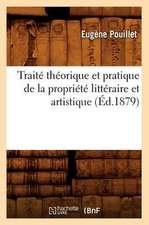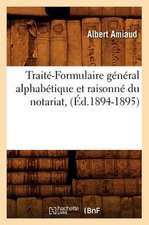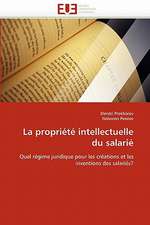Exclusion from Public Space: A Comparative Constitutional Analysis: Cambridge Studies in International and Comparative Law, cartea 129
Autor Daniel Moecklien Limba Engleză Paperback – 12 dec 2018
| Toate formatele și edițiile | Preț | Express |
|---|---|---|
| Paperback (1) | 432.64 lei 6-8 săpt. | |
| Cambridge University Press – 12 dec 2018 | 432.64 lei 6-8 săpt. | |
| Hardback (1) | 696.65 lei 6-8 săpt. | |
| Cambridge University Press – 13 iul 2016 | 696.65 lei 6-8 săpt. |
Din seria Cambridge Studies in International and Comparative Law
- 9%
 Preț: 731.21 lei
Preț: 731.21 lei -
 Preț: 176.91 lei
Preț: 176.91 lei -
 Preț: 200.33 lei
Preț: 200.33 lei - 9%
 Preț: 661.94 lei
Preț: 661.94 lei -
 Preț: 231.74 lei
Preț: 231.74 lei -
 Preț: 233.37 lei
Preț: 233.37 lei - 9%
 Preț: 661.79 lei
Preț: 661.79 lei -
 Preț: 201.39 lei
Preț: 201.39 lei -
 Preț: 230.94 lei
Preț: 230.94 lei - 9%
 Preț: 1013.73 lei
Preț: 1013.73 lei - 9%
 Preț: 765.90 lei
Preț: 765.90 lei -
 Preț: 237.53 lei
Preț: 237.53 lei - 9%
 Preț: 773.84 lei
Preț: 773.84 lei -
 Preț: 329.28 lei
Preț: 329.28 lei - 14%
 Preț: 793.62 lei
Preț: 793.62 lei -
 Preț: 238.11 lei
Preț: 238.11 lei - 9%
 Preț: 596.72 lei
Preț: 596.72 lei - 9%
 Preț: 593.36 lei
Preț: 593.36 lei -
 Preț: 209.39 lei
Preț: 209.39 lei - 9%
 Preț: 917.65 lei
Preț: 917.65 lei -
 Preț: 239.72 lei
Preț: 239.72 lei -
 Preț: 238.11 lei
Preț: 238.11 lei - 11%
 Preț: 639.92 lei
Preț: 639.92 lei -
 Preț: 350.03 lei
Preț: 350.03 lei - 14%
 Preț: 784.65 lei
Preț: 784.65 lei -
 Preț: 310.86 lei
Preț: 310.86 lei - 14%
 Preț: 731.56 lei
Preț: 731.56 lei - 14%
 Preț: 698.80 lei
Preț: 698.80 lei - 14%
 Preț: 700.76 lei
Preț: 700.76 lei -
 Preț: 288.04 lei
Preț: 288.04 lei - 14%
 Preț: 757.69 lei
Preț: 757.69 lei - 14%
 Preț: 721.96 lei
Preț: 721.96 lei -
 Preț: 284.78 lei
Preț: 284.78 lei - 11%
 Preț: 642.00 lei
Preț: 642.00 lei - 14%
 Preț: 896.01 lei
Preț: 896.01 lei -
 Preț: 358.28 lei
Preț: 358.28 lei - 9%
 Preț: 662.73 lei
Preț: 662.73 lei - 14%
 Preț: 759.18 lei
Preț: 759.18 lei - 14%
 Preț: 703.42 lei
Preț: 703.42 lei -
 Preț: 363.28 lei
Preț: 363.28 lei -
 Preț: 464.33 lei
Preț: 464.33 lei - 14%
 Preț: 786.15 lei
Preț: 786.15 lei
Preț: 432.64 lei
Nou
Puncte Express: 649
Preț estimativ în valută:
82.81€ • 86.12$ • 69.39£
82.81€ • 86.12$ • 69.39£
Carte tipărită la comandă
Livrare economică 13-27 martie
Preluare comenzi: 021 569.72.76
Specificații
ISBN-13: 9781316608296
ISBN-10: 1316608298
Pagini: 569
Dimensiuni: 153 x 230 x 30 mm
Greutate: 0.76 kg
Editura: Cambridge University Press
Colecția Cambridge University Press
Seria Cambridge Studies in International and Comparative Law
Locul publicării:Cambridge, United Kingdom
ISBN-10: 1316608298
Pagini: 569
Dimensiuni: 153 x 230 x 30 mm
Greutate: 0.76 kg
Editura: Cambridge University Press
Colecția Cambridge University Press
Seria Cambridge Studies in International and Comparative Law
Locul publicării:Cambridge, United Kingdom
Cuprins
Summary contents; Contents; Abbreviations; 1. Introduction: 1.1 Exclusion from public space and its challenges to liberal democracy; 1.2 Methodology; 1.3 Scope of research; 1.4 Language and terminology; 1.5 Structure of the study; 2. Public Space and its Transformation: 2.1 The definition of 'public space' and related concepts; 2.2 Historical background; 2.3 The importance of public space; 2.4 Regulation of the use of public spac; 2.5 The transformation of public space; 2.6 Conclusion; 3. Exclusion from Public Space: 3.1 Historical background: the decline of banishment; 3.2 The resurgence of exclusion; 3.3 The targets of exclusio; 3.4 A typology of exclusion measures; 3.5 Conclusion; 4. Rule of Law: 4.1 The rule of law/Rechtsstaatsprinzip; 4.2 Principle of legality; 4.3 Requirement of sufficient precision; 4.4 Procedural safeguards and access to justice; 4.5 Conclusion; 5. Fundamental Rights: Liberty: 5.1 Fundamental and human rights; 5.2 Scope of protection; 5.3 Limitations; 5.4 Conclusion; 6. Fundamental Rights: Equality: 6.1 The right to equality and non-discrimination; 6.2 Exclusion from public space and the right to equality and non-discrimination; 6.3 Conclusion; 7. Democracy: 7.1 Democracy; 7.2 The democratic legitimacy of exclusion measures; 7.3 The consequences of exclusion measures for democracy; 7.4 Conclusion; 8. A Right (of Access) to Public Space?: 8.1 'Reclaiming public space'?; 8.2 De lege lata: is there a right to public space?; 8.3 De lege ferenda: is there a need for a right to public space?; 8.4 Conclusion; 9. Synthesis: 9.1 Conclusion: exclusion measures in conflict with liberal democracy; 9.2 Outlook: the importance of civic responsibility; Bibliography; Annex I. Overview of the most important exclusion norms; Annex II. Typology of exclusion norms.
Notă biografică
Descriere
This book explores the implications of banning people from public space for the rule of law, fundamental rights, and democracy.
